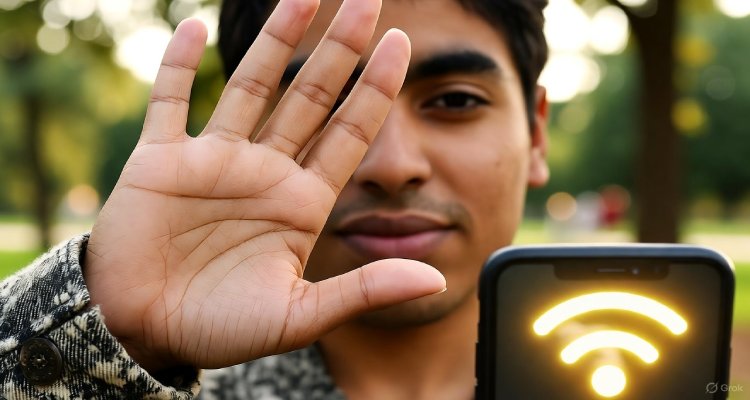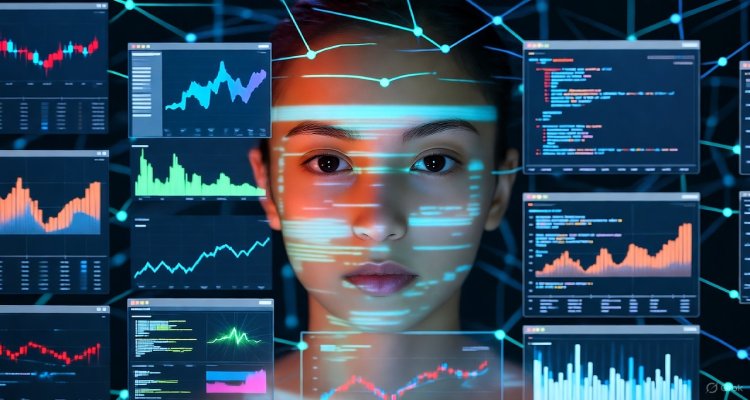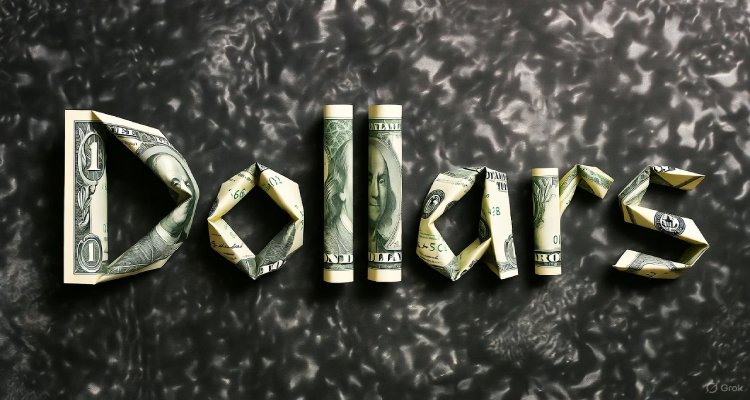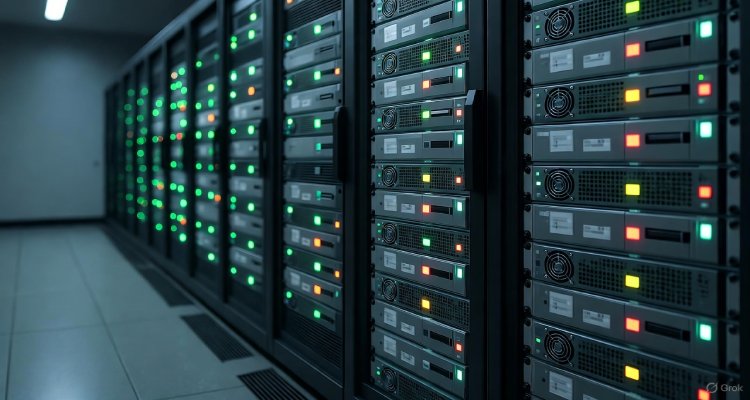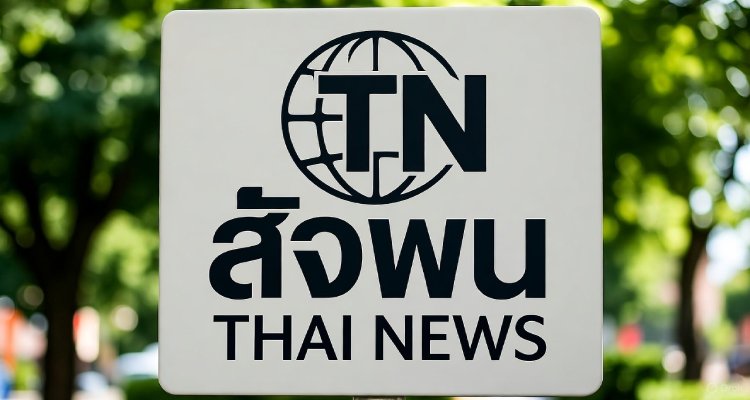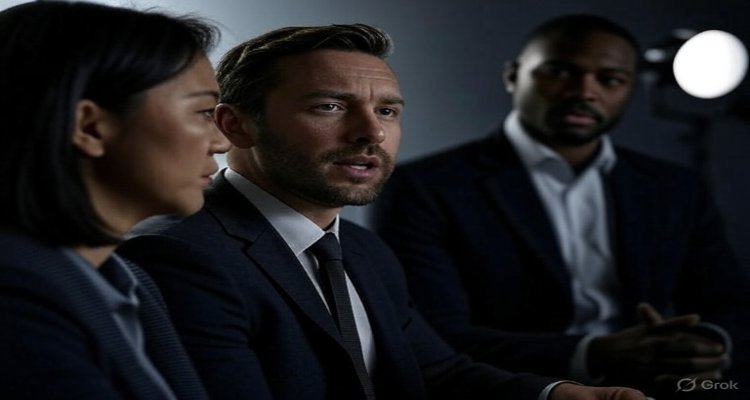When Virtual Actors Sue for Copyright: Entertainment’s Next Big War
Virtual actors are challenging copyright laws, raising questions about digital ownership, AI-generated performances, and the future of entertainment rights.
Introduction: The Courtroom Meets the Metaverse
Imagine a courtroom where the plaintiff isn’t a Hollywood star but a hyper-realistic digital double—an AI-generated actor claiming its performance has been stolen. This isn’t a science fiction script. Legal experts warn that the entertainment industry is heading toward a new kind of intellectual property war: when virtual actors, powered by AI and deep learning, demand copyright protection.
Context & Background: From Hollywood Strikes to Digital Doubles
The entertainment industry has always been shaped by technology—from sound films to CGI. But in recent years, AI-driven “virtual actors” have moved from experimental projects to mainstream use. Studios now deploy hyper-realistic digital humans to cut costs, reduce production time, and extend the careers of stars beyond their lifespans.
The 2023 Hollywood writers’ and actors’ strikes highlighted growing anxieties about AI replacing human talent. While those disputes revolved around contracts and royalties, the next battle may be more existential: can a virtual performer own its work? And if yes, does that make AI not just a tool, but a legal entity with rights?
Main Developments: The First Sparks of a Legal Battle
Early legal skirmishes are already surfacing. AI firms that create virtual actors are suing production houses for reusing their models without authorization. Meanwhile, estates of deceased celebrities—whose likenesses are being digitally resurrected—are filing lawsuits to control how their image is used.
For example, a virtual likeness of Marilyn Monroe was licensed for advertising campaigns, sparking debate over who truly owns Monroe’s “performance”: her estate, the AI company, or the studio that commissioned it. Similarly, musicians have protested the unauthorized use of AI-generated “sound-alike” voices that mimic their singing styles.
These disputes point to a broader question: when a digital performance is indistinguishable from a human one, who deserves credit—and payment?
Expert Insight: Lawyers, Technologists, and Creatives Weigh In
Legal scholars argue that current copyright law is unprepared for this shift.
“Copyright was built around human authorship,” explains Dr. Rachel Lin, a media law professor at NYU. “AI actors don’t fit neatly into that definition. If a machine generates a performance, courts must decide whether the creator of the code, the studio, or the algorithm itself holds the rights.”
Artists, on the other hand, see a threat to creative integrity. Actor unions warn that if studios can buy a one-time scan of a performer and reuse it indefinitely, the very notion of labor in entertainment could collapse.
Tech entrepreneurs, however, see opportunity. “Virtual actors could democratize film production,” says Arjun Mehta, CEO of a digital human startup. “Independent creators who can’t afford A-list stars could license affordable AI performers, lowering barriers to entry.”
Impact & Implications: A Tectonic Shift in Entertainment
The implications are profound:
- For studios: AI actors reduce costs but raise legal exposure to copyright disputes.
- For human actors: Job security and creative credit may be at risk, pushing unions to demand stronger digital protections.
- For audiences: The line between human and synthetic performance will blur, raising ethical concerns about authenticity and manipulation.
- For lawmakers: Existing copyright statutes—crafted long before AI—will need rewriting to account for digital performers’ rights.
If virtual actors can sue for copyright, it could create precedent for AI-generated art, music, and literature. The ripple effects would extend far beyond Hollywood, reshaping publishing, gaming, advertising, and even education.
Conclusion: The Stage Is Set for Entertainment’s Next Big War
The question is no longer whether AI will transform entertainment—it already has. The real battle is about ownership, rights, and fairness in a world where performances may outlive their performers.
As legal battles unfold, one truth becomes clear: the copyright system must evolve to keep pace with the rise of synthetic creativity. The coming years may decide whether virtual actors remain tools of studios—or become recognized as digital creators with rights of their own.
Disclaimer : This article is for informational and educational purposes only. It does not constitute legal advice. Readers should consult legal professionals for specific guidance.


